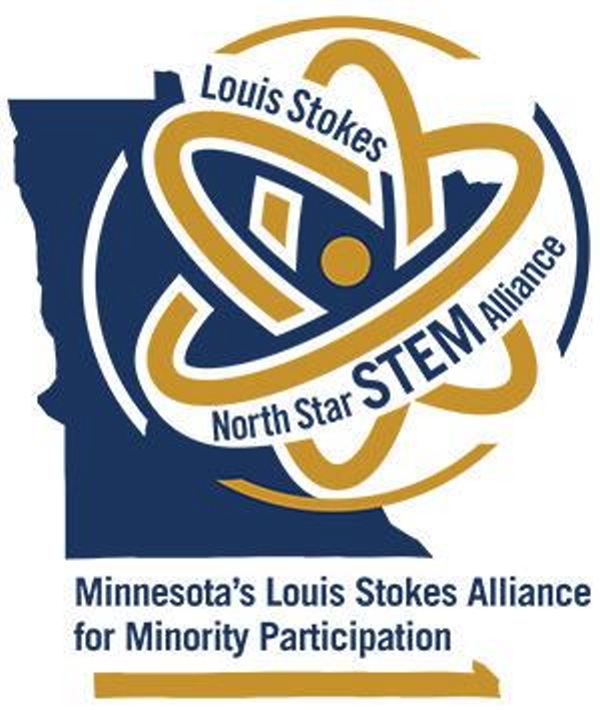ERC Partnership Provided Research Experiences to Undergraduates Underrepresented in STEM
Outcome/Accomplishment
The NSF-funded Engineering Research Center (ERC) for Advanced Technologies for the Preservation of Biological Systems (ATP-Bio), co-led by the University of Minnesota and Massachusetts General Hospital, partnered with the Louis Stokes North Star STEM Alliance (NSSA), giving Minnesota undergraduates from groups underrepresented in STEM the opportunity to conduct original research.
Impact/Benefits
The part-time, 12-week experience exposes undergraduate students to the field of biopreservation as well as to a laboratory environment at a large research university—its facilities, its practices, and its associated responsibilities. Each student has their own research project. They must prepare final reports, posters, or presentations at the end of the program. Additional activities and meetings are designed to boost students’ sense of belonging. In the summer of 2023 the NSSA funded four undergraduates to pursue research in ATP-Bio laboratories at the University of Minnesota.
Explanation/Background
The Louis Stokes NSSA is the Minnesota branch of the nationwide Louis Stokes Alliance for Minority Participation (LSAMP), a National Science Foundation-funded initiative that aims to double the number of students from underrepresented groups receiving STEM degrees within five years. The NSSA network includes 4-year and 2-year institutions that serve Minnesotans from many different backgrounds.
In addition to performing research, students participated in webinars, events, and activities intended to spark interest in biopreservation careers.
Location
Minneapolis, Minnesotawebsite
Start Year
Biotechnology and Healthcare
Biotechnology and Healthcare
Lead Institution
Core Partners
Fact Sheet
Outcome/Accomplishment
The NSF-funded Engineering Research Center (ERC) for Advanced Technologies for the Preservation of Biological Systems (ATP-Bio), co-led by the University of Minnesota and Massachusetts General Hospital, partnered with the Louis Stokes North Star STEM Alliance (NSSA), giving Minnesota undergraduates from groups underrepresented in STEM the opportunity to conduct original research.
Location
Minneapolis, Minnesotawebsite
Start Year
Biotechnology and Healthcare
Biotechnology and Healthcare
Lead Institution
Core Partners
Fact Sheet
Impact/benefits
The part-time, 12-week experience exposes undergraduate students to the field of biopreservation as well as to a laboratory environment at a large research university—its facilities, its practices, and its associated responsibilities. Each student has their own research project. They must prepare final reports, posters, or presentations at the end of the program. Additional activities and meetings are designed to boost students’ sense of belonging. In the summer of 2023 the NSSA funded four undergraduates to pursue research in ATP-Bio laboratories at the University of Minnesota.
Explanation/Background
The Louis Stokes NSSA is the Minnesota branch of the nationwide Louis Stokes Alliance for Minority Participation (LSAMP), a National Science Foundation-funded initiative that aims to double the number of students from underrepresented groups receiving STEM degrees within five years. The NSSA network includes 4-year and 2-year institutions that serve Minnesotans from many different backgrounds.
In addition to performing research, students participated in webinars, events, and activities intended to spark interest in biopreservation careers.

